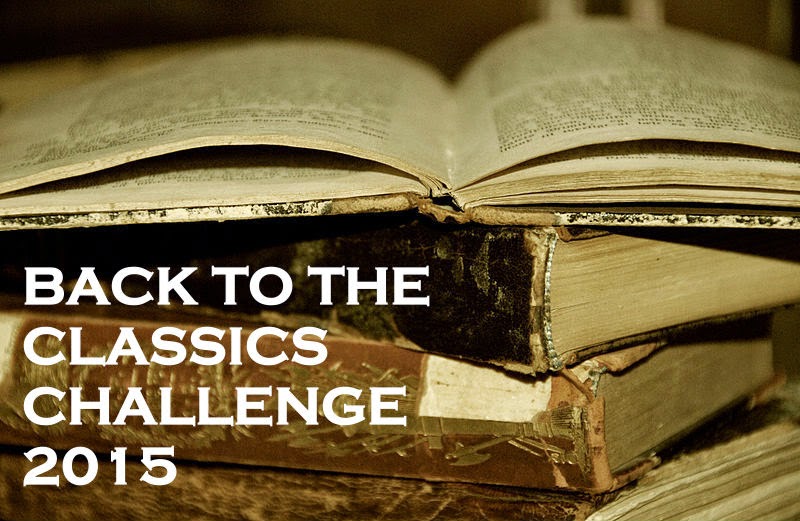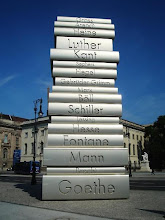 “For my part, if a man must needs be a knave I would have him a debonair
knave... It makes your sin no worse as I conceive, to do it à la mode
and stylishly.”
“For my part, if a man must needs be a knave I would have him a debonair
knave... It makes your sin no worse as I conceive, to do it à la mode
and stylishly.”
In 1894, British author Anthony Hope published a slim adventure novel that would become an instant success and define a literary genre for decades to come. The Prisoner of Zenda would set the type of the Ruritanian romance, stories set in a fictional country (usually in Eastern Europe) revolving around the aristocracy and devoted to such themes as honor, loyalty, and love. Praised by such authors as Robert Louis Stevenson, Hope's novel remains well-known to this day and is considered by many to be a minor classic of English literature.
The Plot:
Rudolf Rassendyll is a somewhat idle young man who is a member of English nobility. After being chastised for his laziness by his sister-in-law, Rudolf decides to visit the Ruritania, a small country in Eastern Europe whose royal family is illegitimately linked to his own. He arrives on the eve of the coronation of the new king (also named Rudolf), and chances to meet the royal while walking in the woods. The resemblance between the two is uncanny and even the king's own advisers initially mistake Rassendyll for the king.
That night, the king is treacherously kidnapped and imprisoned by his half brother, Prince Michael, in an attempt to stop the coronation and have himself crowned instead. The king's attendants convince Rassendyll to impersonate the king and be crowned in his place. Various complications occur as Rassendyll attempts to rule the land, rescue the king, and woo the beautiful Princess Flavia. Rassendyll soon finds himself tempted to retain the power that has been thrust upon him, and must summon all of his honor and courage to save the country.
My Review (Caution-Spoilers):
I love a good swashbuckler. Whether it is a flight through the heather like in Stevenson's Kidnapped or sailing the high seas with pirates as in Sabatini's Captain Blood, there is nothing to get your heart racing like a well told adventure story.
And that is exactly what The Prisoner of Zenda is. All of the classic elements of a swashbuckler are here. Our hero at first seems to be a calm, quiet man who doesn't get involved in anything too strenuous. But when he finds himself put to the test, he more than rises to the occasion with his wit, talent, intelligence, and honor. Our villain (not really Prince Michael in this case so much as his right hand man Count Rupert of Hentzau) is cunning and ruthless with a dash of charm. And the romance between our hero and Princess Flavia is passionate and honorable (though doomed, unfortunately). It is no wonder that lovers of adventure find this to be a satisfying read.
But while it is classic and satisfying, it doesn't quite reach the heights of the novels mentioned above. It is a very simple story that isn't given as much length or development as some other novels of it's kind. Our characters don't have quite the depth to really make them leap off of the page. Princess Flavia is one in particular that could have been a really outstanding heroine with a bit more polish and depth. It is still a very enjoyable novel, just don't expect it to be as amazing as the works of Stevenson.
For those times when you need to lay down your heavy literature and set off on an adventure, you could certainly do worse than The Prisoner of Zenda. It is a fun novel that certainly deserves it place on the list of novels everyone must read. I suggest this one as a read aloud for the whole family that will help teach them about how doing what is right is more important that fulfilling your own desires.
The Movie:
This is one of those stories that was meant for the screen. There have been numerous adaptations over the years, but two in particular stand out. The first is considered by many to be the most definitive. Released in 1937, it stars Ronald Colman, Madeleine Carroll, David Niven, and Douglas Fairbanks, Jr.
The 1952 version is almost exactly the same shot for shot. It stars Stewart Granger, Deborah Kerr, Jane Greer, and James Mason. Either one is an excellent way to enjoy this classic story on your TV.
















1 comment:
I'm ashamed to say I've only seen the movie versions. Sounds like something that would be good to download on my Kindle for when I'm in the mood for something fun and light.
Post a Comment